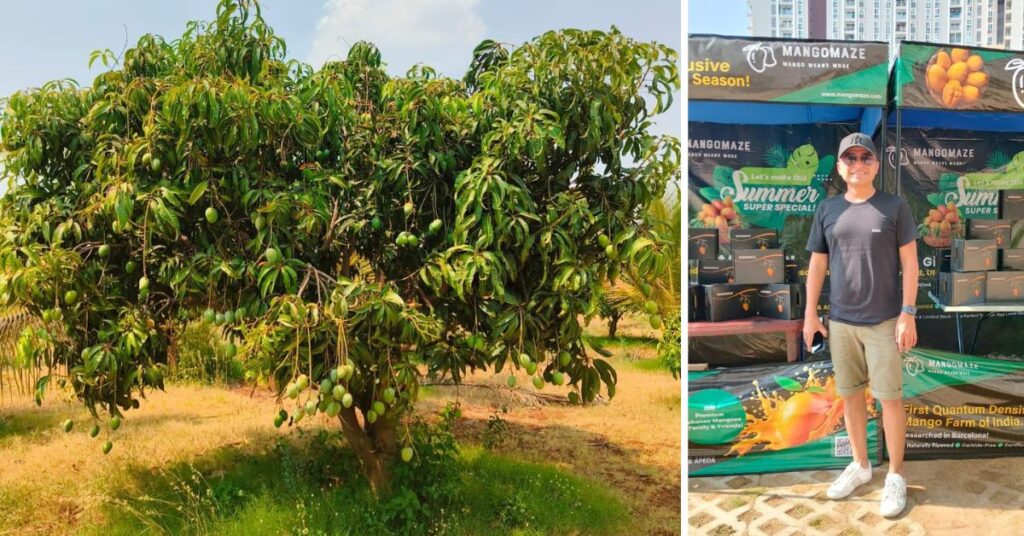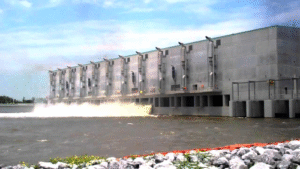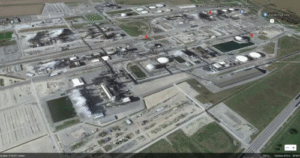In the heart of Bengaluru, amidst the rising skyline and growing tech parks, lies a quiet revolution in agriculture — MangoMaze, a sprawling 25,000-tree mango orchard where cutting-edge technology meets age-old cultivation.
At first glance, it’s a typical mango farm. But above the leafy canopies, the hum of AI-powered drones hints at something extraordinary. These smart aerial systems glide over the orchard, collecting real-time data on tree health, soil moisture, and pest presence, relaying detailed imagery and diagnostics back to a central control hub.
“It’s a new age of precision farming,” says the farm’s tech lead. “The drones allow us to act before problems escalate, whether it’s disease, dryness, or nutrient imbalance.”
MangoMaze is not just flying drones — it’s setting benchmarks in resource-smart agriculture. Its drip irrigation systems, calibrated through AI and soil sensors, have slashed water usage by up to 70%. Instead of blanket watering, the system delivers hydration directly to where it’s needed most, ensuring sustainable, efficient care of every tree.
The result? Luscious Ratnagiri Alphonso mangoes, grown with the perfect balance of tradition and technology, all while minimizing waste and maximizing yield.
MangoMaze exemplifies how Indian agriculture is evolving, driven by innovation but rooted in heritage. By bringing together data science, sustainable practices, and a love for the land, the farm is showing the country — and the world — what the future of farming looks like. And if the taste of its perfectly ripened Alphonsos is anything to go by, that future is sweet indeed.






